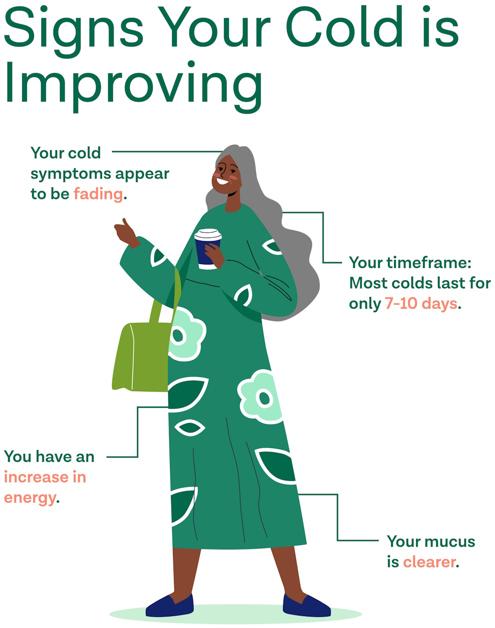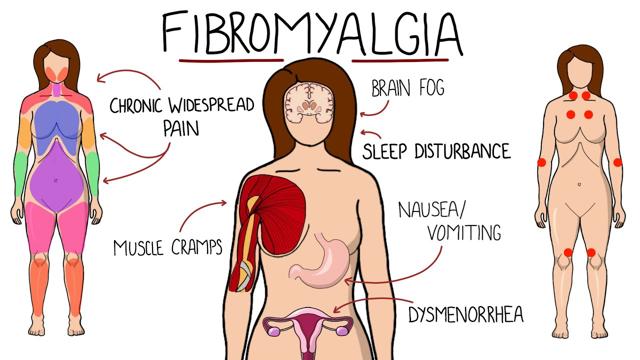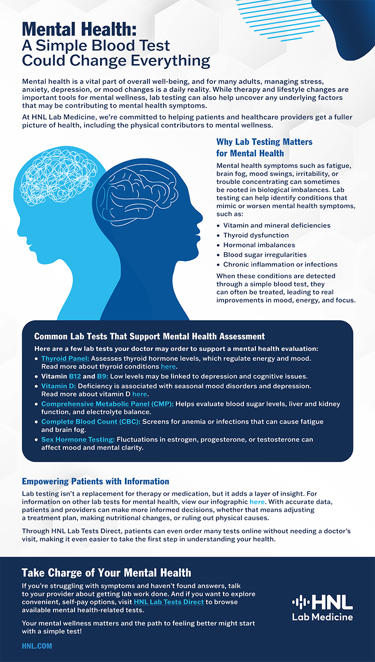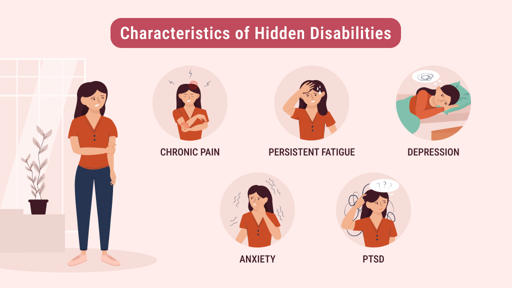Identifying Your Illness: A Guide to Self-Diagnosis
A Comprehensive Guide to Identifying Common Illnesses through Self-Diagnosis
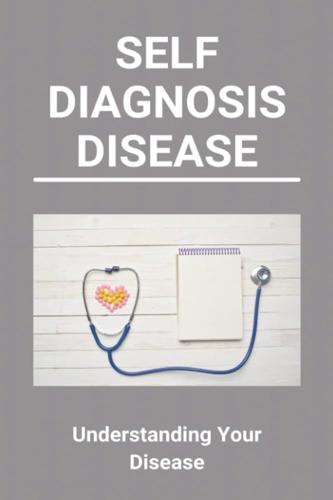
Frequently Asked Questions
Self-diagnosis can be helpful for minor conditions, but it is not recommended for serious health issues. Always consult a healthcare professional when in doubt.
If your symptoms worsen, seek medical help immediately. It's essential not to rely solely on self-diagnosis for health conditions that may require professional intervention.
Step by Step Guide
1
Understanding Your Symptoms
Begin by taking note of all the symptoms you are experiencing. This includes physical symptoms like headaches, fever, or fatigue, as well as emotional symptoms such as anxiety or depression. Keep a journal to track the duration and intensity of these symptoms.
2
Research Common Illnesses
Utilize reputable medical websites, books, and articles to understand various illnesses. Start with common ailments such as the flu, cold, or allergies to identify if your symptoms match these conditions.
3
Assessing Severity
Evaluate how severe your symptoms are. Are they manageable, or are they interfering with your daily activities? Severity can sometimes indicate whether you need immediate medical attention or can wait to see if symptoms improve.
4
Checking for Red Flags
Identify any red flags that may signify a more serious condition. For example, difficulty breathing, severe pain, or sudden changes in mental status require immediate medical attention.
5
Utilizing Symptom Checkers
Consider using online symptom checker tools that allow you to input your symptoms and receive possible diagnosis suggestions. These tools often guide you through a series of questions related to your health issues.
6
Keeping a Health Diary
Maintain a health diary where you log daily symptoms, triggers, dietary habits, and other relevant information. This diary can be helpful when discussing your health with a physician.
7
Trying Home Remedies
Research and try safe home remedies for common conditions. However, properly assess whether these remedies alleviate your symptoms or if they persist, indicating the need for professional medical care.
8
Seek Professional Advice
If symptoms persist or worsen, it's crucial to consult a healthcare professional. Bring your health diary and symptom log to assist in providing the doctor with detailed information.
9
Follow-Up
After your visit with the healthcare professional, follow up as necessary. Monitor your progress, and if symptoms change or new ones arise, communicate these to your doctor.



